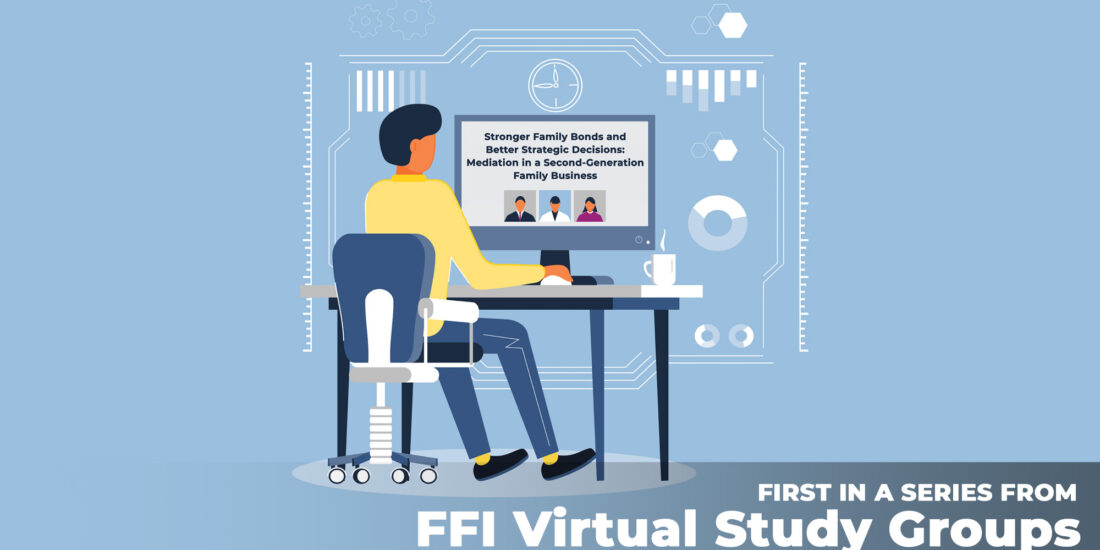How Family, Business and Community Logics Influence Family Firm Behavior and Rules of the Game in an Organizational Field
(Authors: Trish Reay, Peter Jaskiewicz and C.R. (Bob) Hinings)
Research Applied précis prepared by John L. Ward, Kellogg School of Management, Northwestern University
Family first or business first? How much familiness does a given family business have? Why are family businesses more prevalent and successful in some industries than others? How do family businesses contribute to their business communities? These are some of the classic questions this paper helps us think about.
This paper is notable in many ways:
- For academic researchers, the paper is rich in ambitious contributions to theory.
- For advisors to family businesses, the paper educates us on how different paradigms of thoughts – “logics” – influence organizational behavior, performance and sustainability.
- For family business owners and managers, the paper strongly reinforces what they well know intuitively – the precious importance of BALANCE in decision-making.
The fundamental message to me is that mature business families understand the value of embracing multiple perspectives of thought and balance the contradictions while seeking synergistic insights.
Family-Business Paradox
The authors build their theories first on the recognition that family businesses must appreciate that how families think – their logic or “rules of the game” – is different than how businesses think. They add that there are degrees of each that matter in different contexts. And they further add that these contradictions create synergistic opportunities. See Table 3 for the various types of logics that the authors identified.
Community
A special theoretical contribution of the paper is that the authors add a third logic: contributing to the welfare of the community and industry as also integral to firm sustainability. Different blends of family and business and community purposes define how different firms behave differently in different contexts.
The authors suggest that a firm’s engagement in its industry’s community supports business sustainability. Family firms with a long-term commercial orientation engage in their industries in ways such as collective marketing and purchasing, collective quality standards, and collective lobbying.
Research Methodology
What could be more fun than field interviews with the owners of 20 Canadian wineries? The authors’ care and creativity and comprehensiveness in their methodology provided the evidence that the different logics affect each other in the firm and how each winery bundles and balances the logics and contributes, more or less, to their community.
Conclusion
The authors typecast the nature of the twenty wineries in order to show that the older, mature family-owned wineries were widely more balanced in their application of all three logics and that those family businesses naturally see the benefits of social capital and community development in their strategies. They propose sustainability benefits, from emphasis on family logic and on community logic, not just business/market logic.
About the contributor
 John L. Ward is clinical professor of family enterprise and co-director of the Center for Family Enterprises at Northwestern University’s Kellogg School of Management. An FFI Fellow, John is also a founding member of FFI and the recipient of the Richard Beckhard Award. He can be reached at johnward@kellogg.northwestern.edu.
John L. Ward is clinical professor of family enterprise and co-director of the Center for Family Enterprises at Northwestern University’s Kellogg School of Management. An FFI Fellow, John is also a founding member of FFI and the recipient of the Richard Beckhard Award. He can be reached at johnward@kellogg.northwestern.edu.




